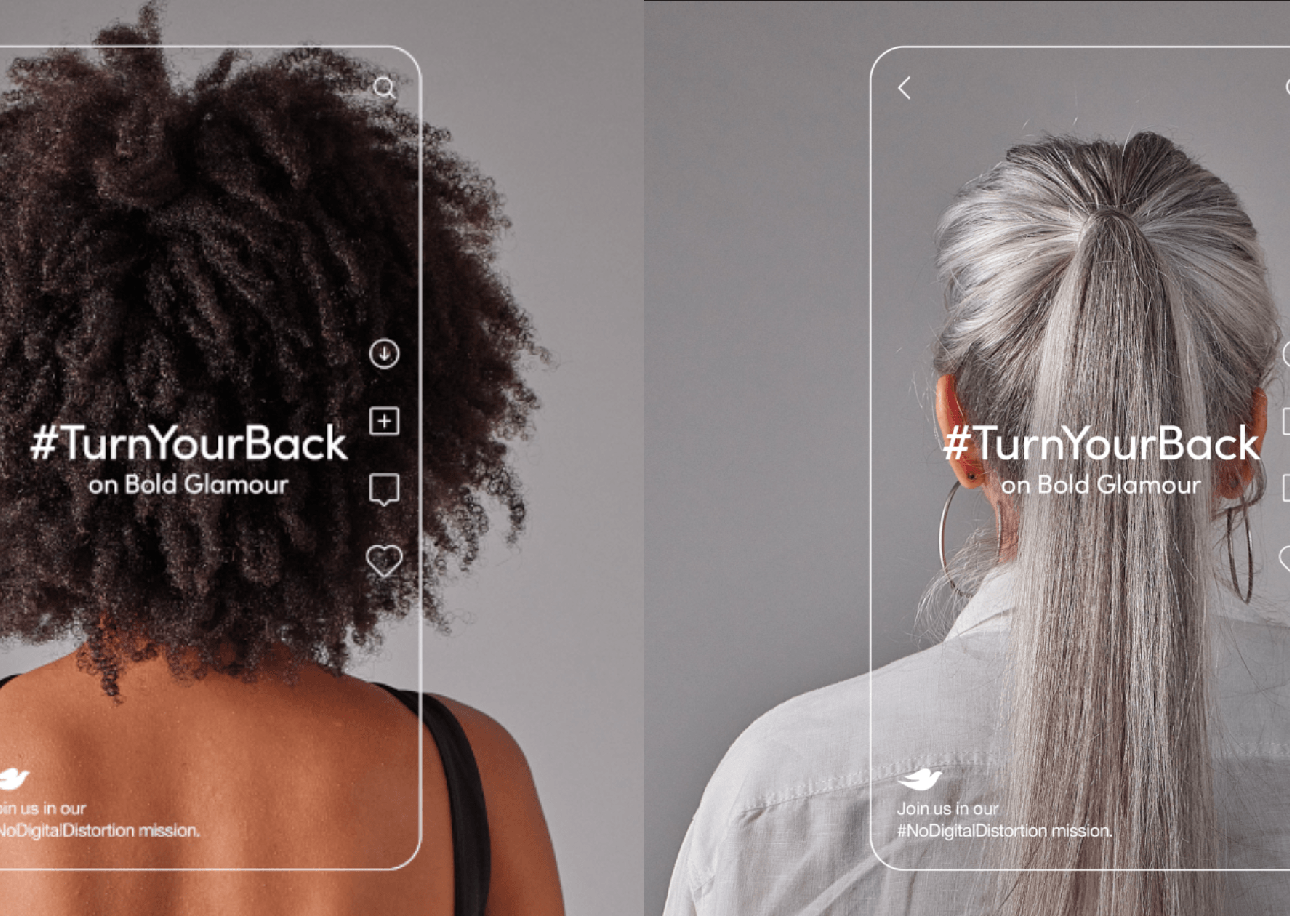Why Grand Lisboa Palace Resort is the Perfect Base for Your Next Macau Adventure
Luxury finds deeper meaning at Grand Lisboa Palace Resort Macau, a sanctuary ...

Whether you have been on Instagram or TikTok, chances are you have played around with all types of filters. While filters can be fun, research shows that often they can do more harm than good.
Beauty filters are popular for adding make up to the face, like eyeliner, eyelash extensions, and blush, while accentuating Euro-centric beauty features, enhancing lip size, changing the shape of the eyes, and smoothing out skin. They distort facial features and can turn us into a different version of ourselves. Last year, beauty brand Dove launched a powerful campaign #LetHerGrow which addressed issues on old-fashioned hair mandates in Thai schools. Recently, Dove continued its Self-Esteem Project initiative taking TikTok to task.
Titled “Turn Your Back on Bold Glamour”, the campaign’s message is to create awareness against the use of these filters which can diminish the confidence of young women and others who use them. Experts have said they play a subconscious role on user’s self-esteem.
A study done by City University of London in 2021 explored the negative effects of filters on mental health. The research was conducted among 175 young women and non-binary people, ages 18-30. One of the most striking findings was that 90% of the participants reported using filters because they felt pressured to look a certain way on social media.
Further findings reported the five most common filters uses were to brighten skin, even out skin tone, whiten teeth, bronze skin, and take off weight. Filters were also used to make eyes look bigger, make lips look fuller, and to reshape noses and jaws.
The research showed that young people with low self-esteem were more likely to use these filters, further reinforcing the negative belief that their appearance was not good enough. Moreover, these behaviours start early. The Dove Self-Esteem project in 2020 found that 80% of girls have used a filter to change the way they look in photos by age 13.
Dove’s campaign “Turn Your Back on Bold Glamour” urges everyone to upload videos of literally turning your back on filters, along with hashtags #TurnYourBack, #BoldGlamour, and, #NoDigitalDistortion to get more visibility.
While Thailand is trying to move away from stereo-type beauty standards, they unfortunately still exist with whitening products being advertised in media and suggestions that insanely slim equals attractive. Campaigns like this therefore resonate strongly and address the need to take a stand against toxic beauty standards.
According to Firdaous El Honsali, Dove’s Global Vice President of External Communications in a statement: “While social media filters can be a source of creativity and self-expression, ‘Bold Glamour’ goes further. Tools that were previously only available to professionals can now be used by girls at the touch of a button and without regulation. We are committed against digital distortion and want to support a more positive environment on social media that is representative of real, authentic beauty.” Koktail endorses that sentiment.
Luxury finds deeper meaning at Grand Lisboa Palace Resort Macau, a sanctuary ...
In this month’s feature, artists and performers share how art quietly inspires ...
Courtesy of @sailorr Sailorr and Molly Santana’s black grills fuse hip-hop swagger ...
Wandering around the globe, try out the signature tastes of cultures across ...
These top 5 barber shops in Bangkok are where gentlemen can elevate ...
Must-have gadgets for kids in the Y2K are, predictably, making a comeback ...
Wee use cookies to deliver your best experience on our website. By using our website, you consent to our cookies in accordance with our cookies policy and privacy policy